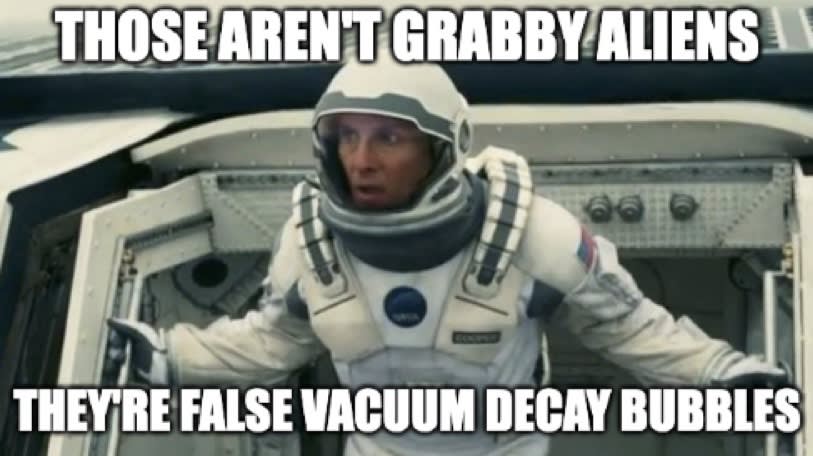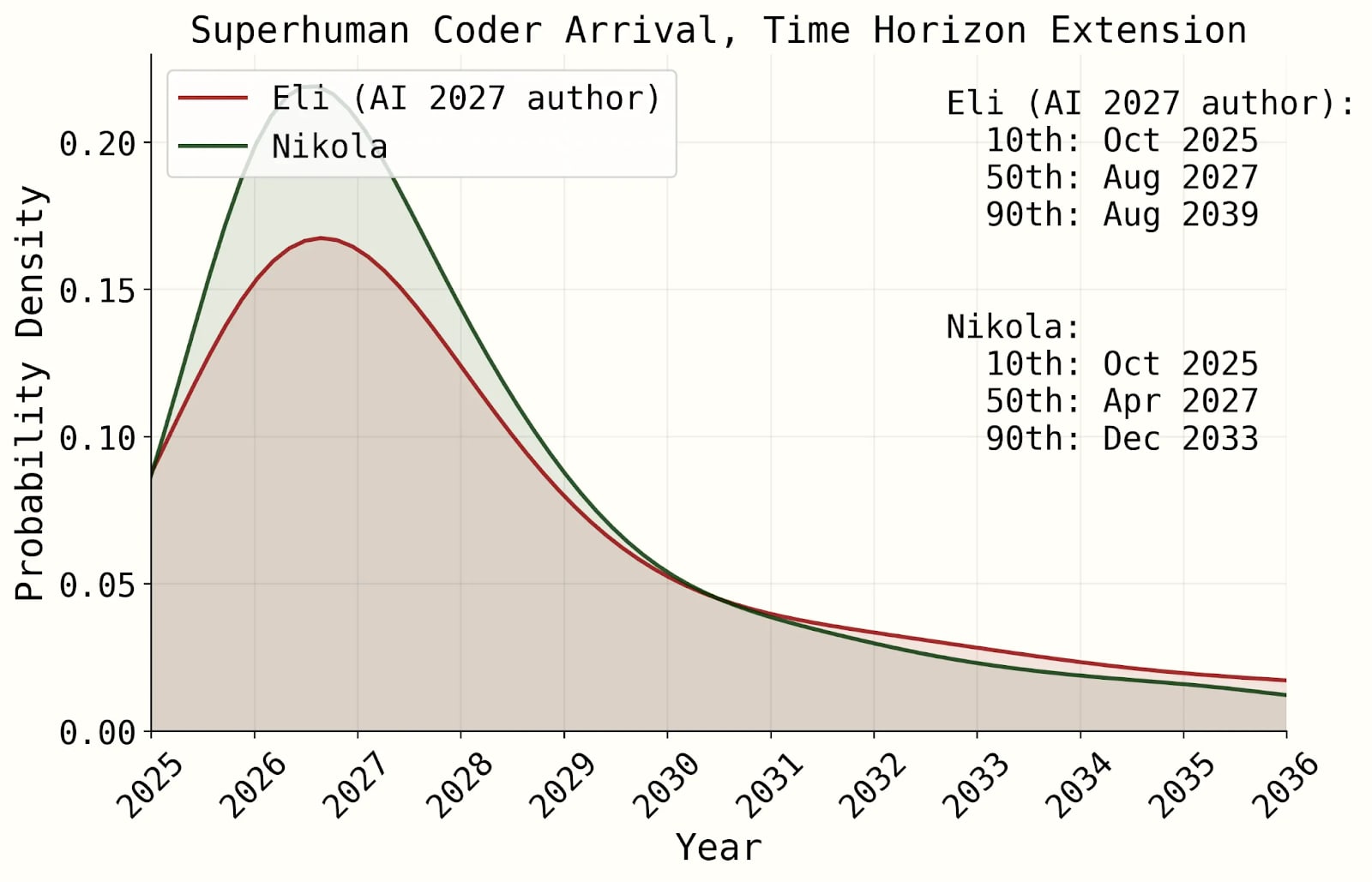Note:
This is my first post to this forum. I am not entirely familiar with the norms and customs or previous topics of discussion. I am also still new to the effective altruism community in general. Please feel free to point me to prior discussions of this topic and give me advice on how to better present my message on this forum.
Problem
Many problems society faces today can be classified as coordination problems (see 80k hours podcast with Vitalik Buterin). These are a class of issue where the biggest hurdle is not technical nor even social, but simply a lack of coordination. A prime example of a problem in this class is meat eating. Many people believe that eating meat is wrong, however continue to eat meat because they believe their individual action would not be sufficient to have any affect on the problem as a whole (one person stopping eating meat will not hurt the meat industry). However, if all of the people with this belief could coordinate and mutually commit to stop eating meat then they likely would due to the increased likelihood of having a non negligible effect on the meat industry collectively. The problem is not that people believe that eating meat is acceptable, it is simply that they are not coordinated enough to take action. (I don't mean that every meat eater has this belief, but I do believe many do)
Proposed Solution
I propose an online service and community which would serve as a hub for coordinating groups of people committed to making small changes to their habits and every day behaviors in order to help solve coordination problems.
The purpose of this service would be to coordinate groups of people to take small actions in their everyday life which in isolation would have negligible effects on a problem, but when multiplied by many people have non negligible effects.
Think of it as kickstarter for individual action. Realizing that an individual's actions have minimal impact on large problems, many people refuse to take these individual actions. However, if these people could be assured that many other people were also committed to taking these actions along side them they could be convinced to join in.
Basic Functionality
I will describe the basic way I imagine a service like this functioning. I still have many questions regarding what might be the optimal details regarding its functioning, however I am more interested in receiving feedback on the idea in general right now.
Users or moderators submit campaigns which are posts which outline the proposed action people would take. For example a campaign could be submitted to reduce your meat consumption to less than 1 pound per week or to drive less than x miles per month or anything along those lines. These campaigns would also include a expiration date and minimum commitment number. The minimum commitment number is the minimum number of people who must conditionally commit to adopt the campaign for the campaign to go into effect. If the minimum commitment number is not achieved by the expiration date than the campaign does not go into effect and no one who conditionally committed is obligated to adopt the campaign. If the minimum commitment number is achieved then the campaign begins and conditional committers are obligated to adopt the campaign.
This is a very basic proposal of how such a service may function to demonstrate the main idea. I have more ideas on how to improve the details of the process however right now I am primarily interested in feedback on the big idea itself and not so much on the details.
Primary Issues
1. How do we verify people who committed to a campaign are following through? The service only works if a commitment can be trusted. If commitments can not be trusted then not only will there not be progress towards the underlying problem but also trustworthy users will lose faith in the platform and stop using it. I have some ideas on how to increase the likelihood that people follow through with their commitments such as limiting the number of campaigns a person can commit to, mandating forum discussions, and frequent reminders, however ultimately this boils down to the oracle problem which as of yet there is no good solution to.
2. Are there even enough people who would make use of such a platform that it could be impactful? In general, I am skeptical of technology's ability to produce behavioral changes in people (other than those resulting from addiction). I wonder whether a platform like this could ever reach the critical mass necessary to have any power.
Conclusion
I am a programmer and am considering working on a proof of concept of this idea, however first I would like to receive feedback from the community. Before discussing the details of the procedure and structure of such a service I would like feedback on the general idea.




Just found this post through your response to Tom VanAntwerp on twitter. There's a sequence of questions and posts on LessWrong made by me and a few others that's about this topic. I suggest checking it out for ideas, discussion, and references to a few things that already exist (though they're mostly agreed to be insufficient).
Perhaps also consider cross-posting this to LessWrong.